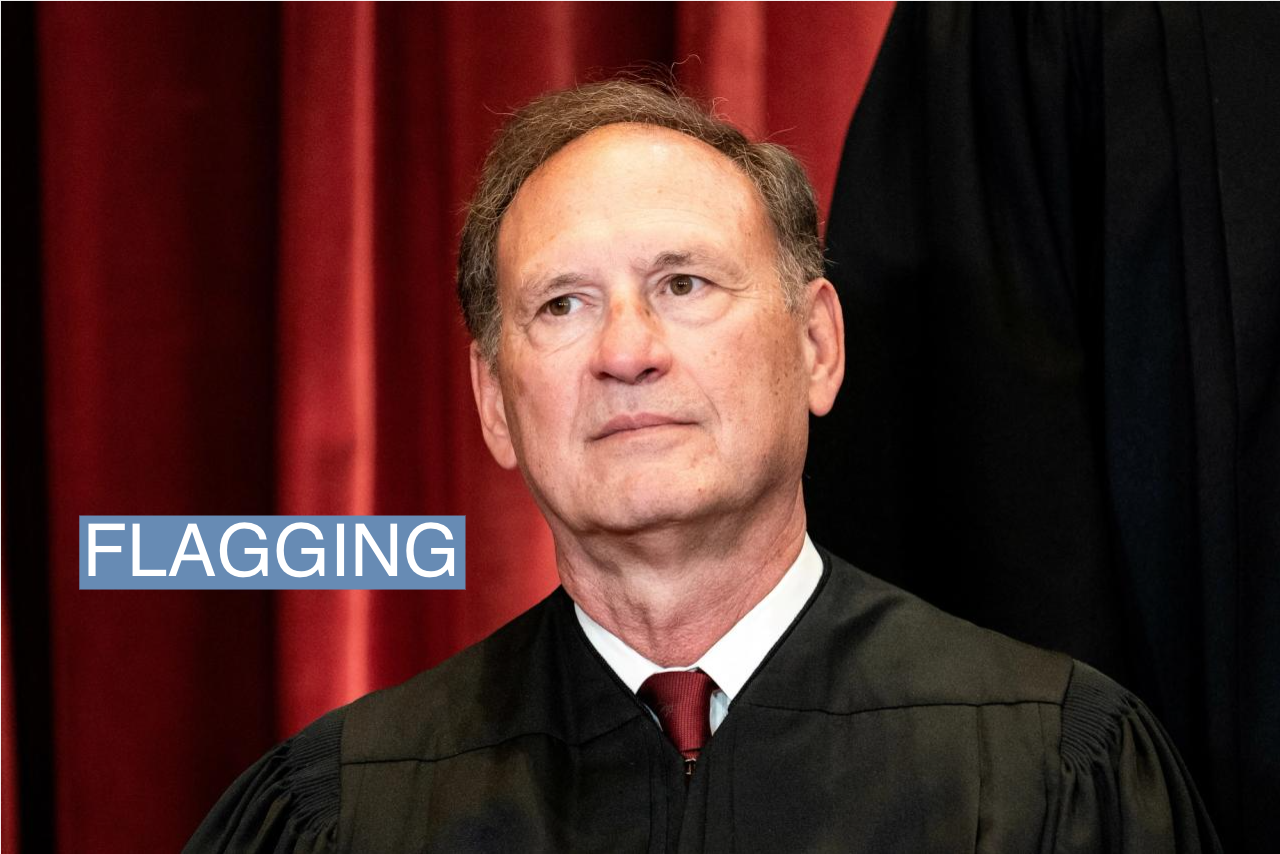Search results
- DictionaryTrust/trəst/
noun
- 1. firm belief in the reliability, truth, ability, or strength of someone or something: "relations have to be built on trust"
- 2. an arrangement whereby a person (a trustee) holds property as its nominal owner for the good of one or more beneficiaries: "a trust was set up"
verb
- 1. believe in the reliability, truth, ability, or strength of: "I should never have trusted her"
- 2. allow credit to (a customer): archaic "all persons are forbid to trust sailors"
The meaning of TRUST is assured reliance on the character, ability, strength, or truth of someone or something. How to use trust in a sentence.
News about Grayscale, iShares Bitcoin Trust, Assets under management
News about Google, Lenny Kravitz, Samuel Alito
Also in the news
Trust definition: reliance on the integrity, strength, ability, surety, etc., of a person or thing; confidence.. See examples of TRUST used in a sentence.
A trust is a fiduciary arrangement that allows a third party, or trustee, to hold assets on behalf of a beneficiary or beneficiaries. Trusts can be arranged in many ways and can specify exactly how and when the assets pass to the beneficiaries.
to believe that someone is good and honest and will not harm you, or that something is safe and reliable: My sister warned me not to trust him. Trust me - I know about these things. Trust your instincts, and do what you think is right. I don't trust air travel - it's unnatural.
- What Is A Trust?
- Understanding Trusts
- Categories of Trusts
- Common Purposes For Trusts
- Types of Trust Funds
- The Bottom Line
A trust is a legal entity with separate and distinct rights, similar to a person or corporation. In a trust, a party known as a trustor gives another party, the trustee, the right to hold title to and manage property or assets for the benefit of a third party, the beneficiary. Trusts can be established to provide legal protection for the trustor’s ...
Trusts are created by settlors (an individual along with a lawyer) who decide how to transfer parts or all of the individual's assets to trustees. These trustees hold on to the assets for the beneficiaries of the trust. The rules of a trust depend on the terms on which it was built. In some areas, it is possible for beneficiaries to become trustees...
Although there are many different types of trusts, each fits into one or more of the following categories: 1. Living or testamentary 2. Revocable or irrevocable 3. Funded or unfunded
The trust fund is an ancient instrument (dating back to feudal times, in fact) that is sometimes greeted with scorn due to its association with the idle rich (as in the pejorative "trust fund baby"). But trusts are highly versatile vehicles that can protect assets and direct them into the right handslong after the original asset owner's death. A tr...
Below is a list of some of the more common types of trust funds: 1. Credit shelter trust: Sometimes called a bypass trust or family trust, this trust allows a person to bequeath an amount up to (but not over) the estate-tax exemption. The rest of the estate passes to a spouse tax-free. Funds placed in a credit shelter trust are forever free of esta...
Trusts are complex vehicles, except perhaps for the Totten trust. Creating a trust typically requires expert advice from a trust attorney or a trust company, which sets up trust funds as part of a wide range of estate- and asset-management services. Correction—Dec. 17, 2022:A previous version of this article did not correctly distinguish between th...
- Julia Kagan
- 1 min
Trust—or the belief that someone or something can be relied on to do what they say they will—is a key element of social relationships and a foundation for cooperation.
trust. noun. OPAL S. /trʌst/. /trʌst/. Idioms. [uncountable] the belief that somebody/something is good, sincere, honest, etc. and will not try to harm or trick you. Our partnership is based on trust. This is a relationship built on mutual trust.






